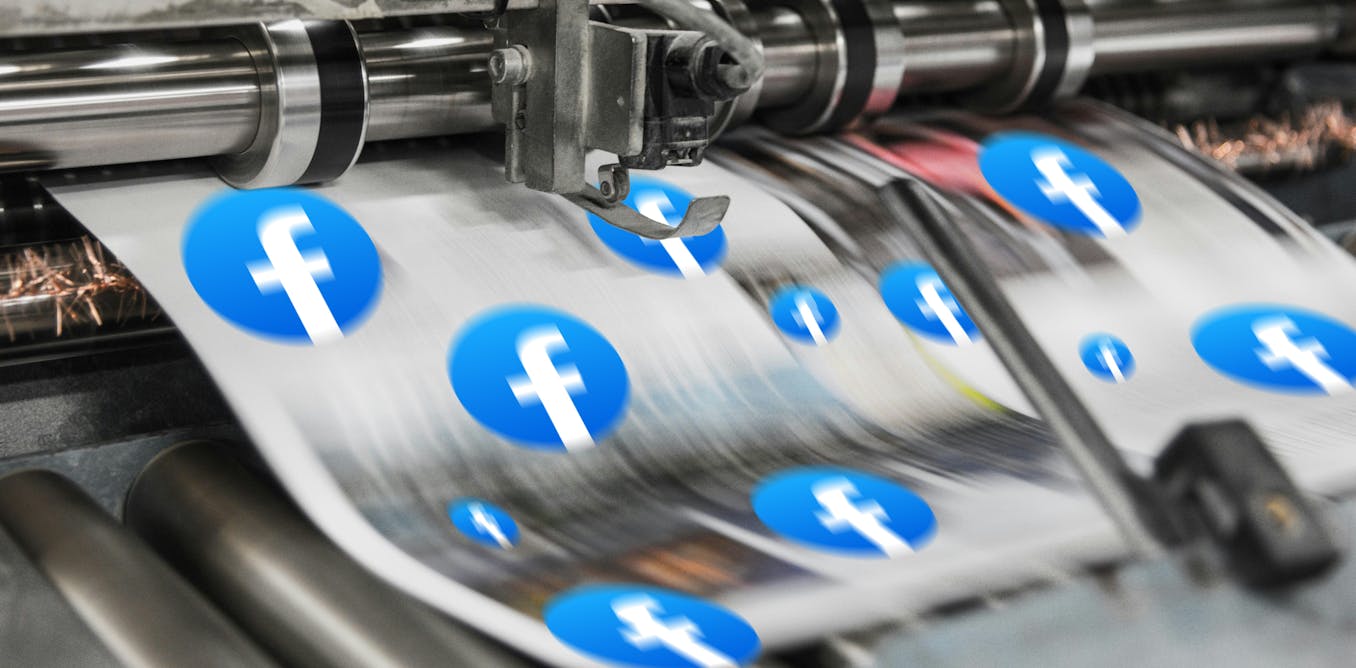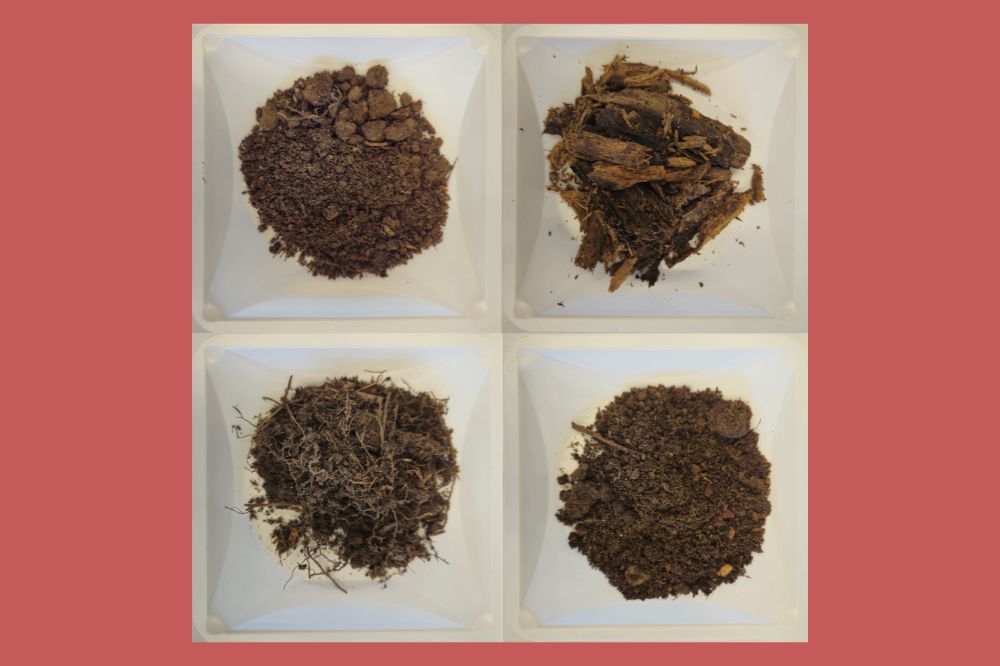Amazon Hit with $2.5 Billion Penalty for Deceptive Prime Subscriptions

The FTC has ordered Amazon to pay a record-breaking $2.5 billion – $1 billion civil penalty and $1.5 billion in refunds – for deceptively enrolling millions in Amazon Prime without consent and making cancellations difficult. The FTC alleged Amazon used manipulative user interfaces and deliberately complicated the cancellation process. This settlement marks a significant win for consumer protection and sets a precedent for combating deceptive subscription practices.























